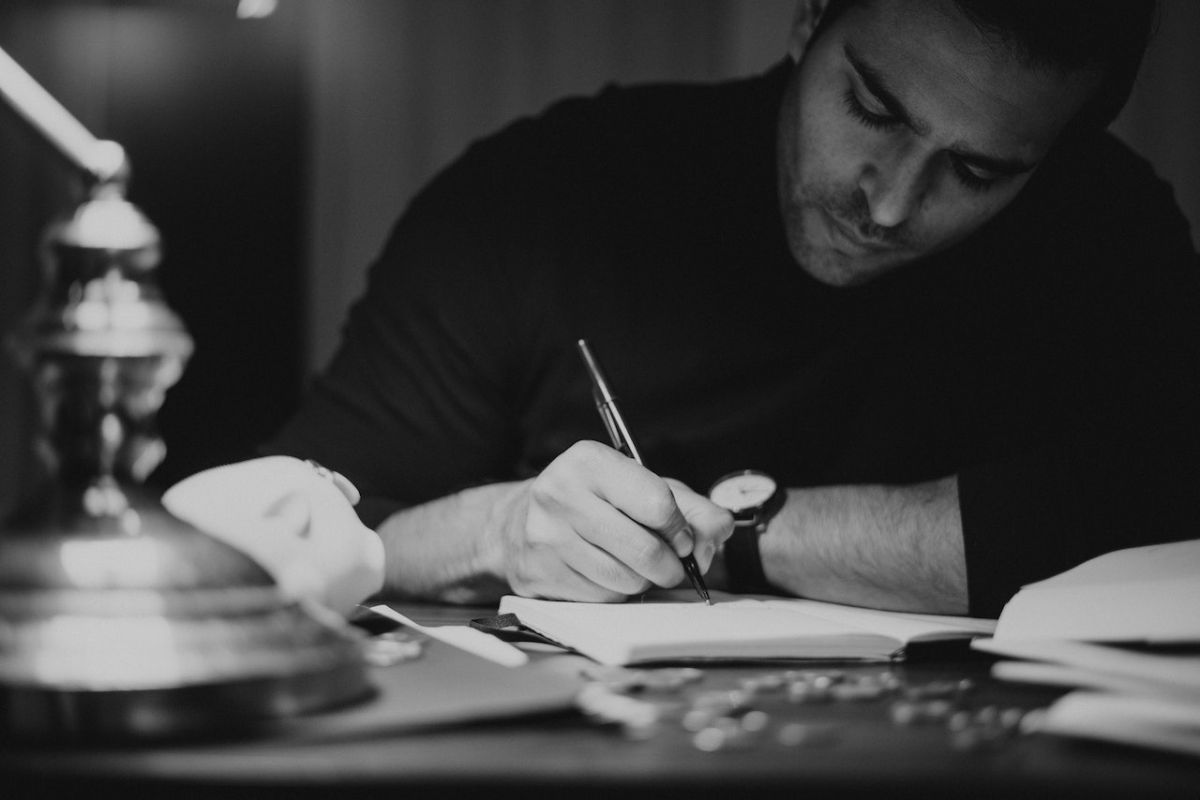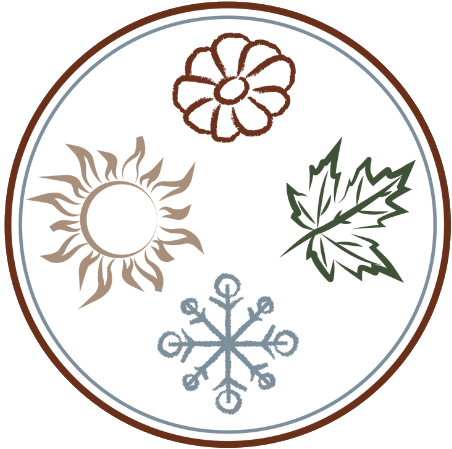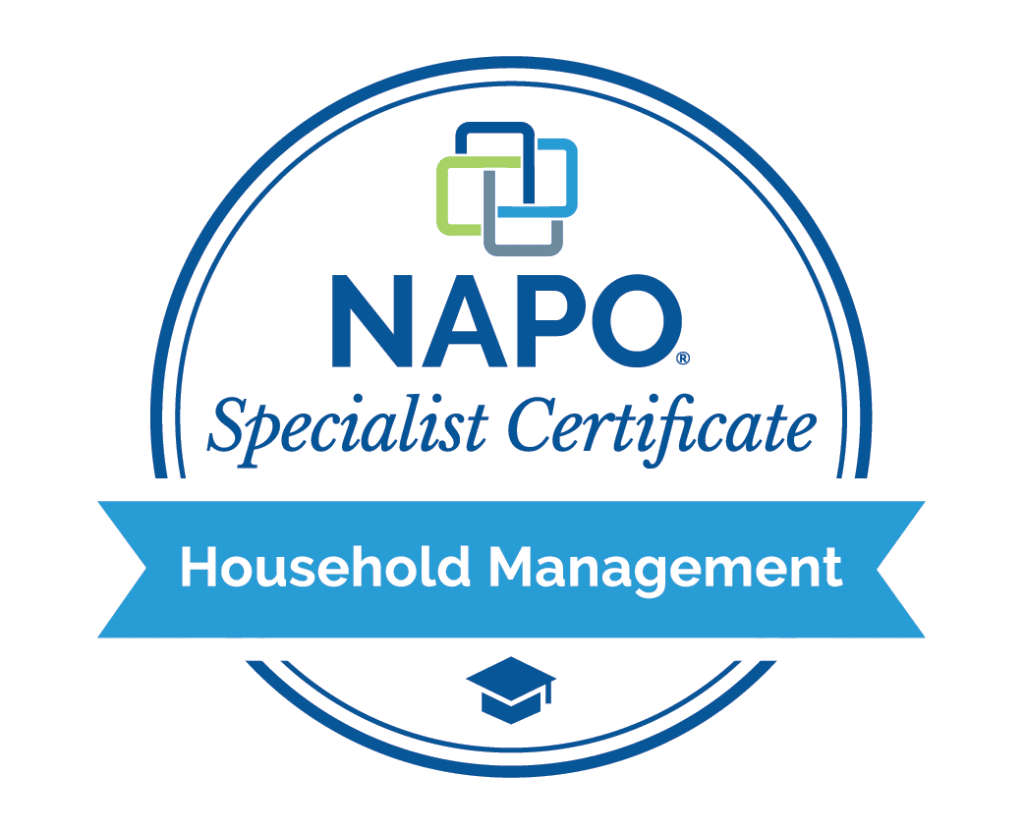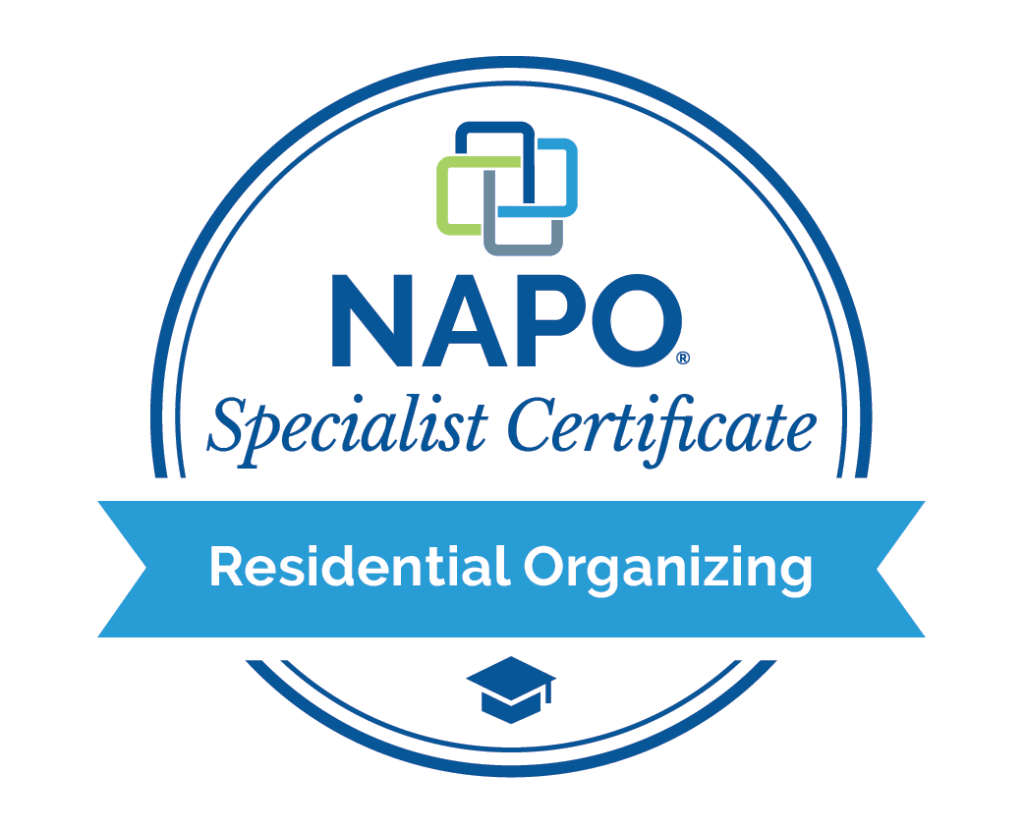Money runs out. Property loses its value. The importance of sentimental items never gets told. But what doesn’t lose importance is YOU. Your legacy is about what you’ve learned and sharing that story.
Your legacy is your life experiences, your personal history. They can’t be passed on the same way money or objects can, but they can be recorded and shared with your heirs.
Legacy Story
You don’t need to be a professional memoirist or writer to tell your story. You don’t even have to know where to start! The simplest thing to do is pretend you’re in a conversation with a friend. From there, begin telling your story of particular events and branch out from there. The stories don’t have to be in any order or have segues between them.
You don’t have to write them down. You can record audio or video files if that’s more comfortable for you but keep in mind future technology may change. What’s important is capturing your stories so that your loved ones will have them for the future.
Think about your most important moments, memories, values, and accomplishments. What did you learn from your experiences? What do you want others to know about them? Then, tell those stories in whatever way makes sense to you. Be honest and open about your mistakes and the things you’re proud of – both will help your loved ones learn from you and remember you.
What’s Your Legacy? The Importance of Ethical Wills
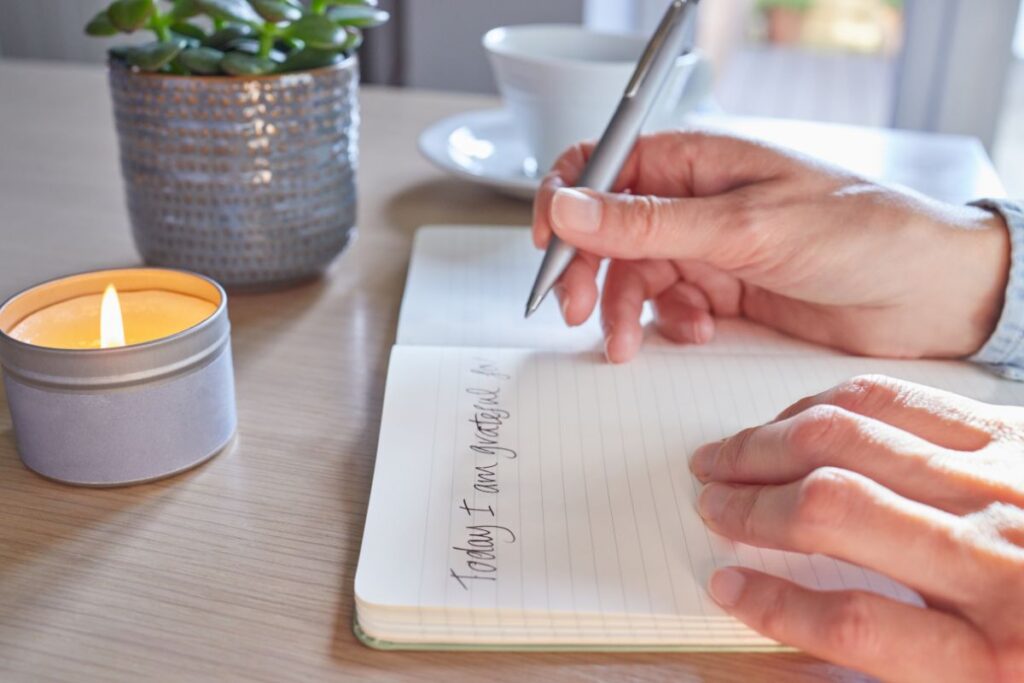
Heirloom Cookbook
You may want to consider recipes as part of your legacy, especially if friends and family frequently ask you for cooking advice or recipes. It’s the ideal way to share your culinary expertise while also providing them with a keepsake to treasure. After all, passing on knowledge is a great way to leave a legacy for future generations.
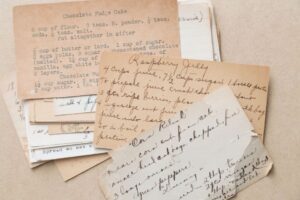 Putting together a book may sound complex, but it’s not that difficult. And now, there are a variety of both digital and physical resources available to you; making your heirloom cookbook can be a lot of fun. We like Morsel. The Morsel platform allows users to share and access recipes that have been passed down from generation to generation or that have only recently been found.
Putting together a book may sound complex, but it’s not that difficult. And now, there are a variety of both digital and physical resources available to you; making your heirloom cookbook can be a lot of fun. We like Morsel. The Morsel platform allows users to share and access recipes that have been passed down from generation to generation or that have only recently been found.
Find out how you can create your family cookbook
Think about starting your legacy story with a single memory, vignette, or event that you remember. Your life has been quite interesting as you have lived it. Talking about your flaws and how you may have mucked up, stumbled, and then recovered is part of what makes your story compelling.
StoryWorth takes your memories and creates your story in a personalized book.
My Stories Matter is a free online platform that allows you to add memories “by asking specific questions, triggering the memory you want to recollect.”
Another option is to create a family archive. A family archive is a collection of heirlooms and important documents. Every family, not just the wealthy and notable, should have a collection like this. The items do not need to be valuable to anyone other than your family.
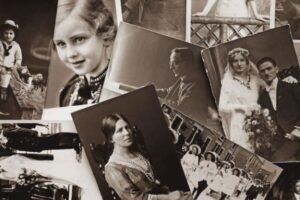 Begin with items that have been passed down from generation to generation. It can include anything meaningful to your family, such as Newspaper clippings, christening gowns, military items, and old photos.
Begin with items that have been passed down from generation to generation. It can include anything meaningful to your family, such as Newspaper clippings, christening gowns, military items, and old photos.
Keep a record of what you have and why it is important to your family. Tell the accompanying story. Include a list of previous owners of specific items so future generations can learn about their history.
The most important thing to keep in mind is how you want to be remembered.
As you create your legacy, you’ll learn more about yourself, too!
If you need help creating your lasting legacy, check out these resources:

